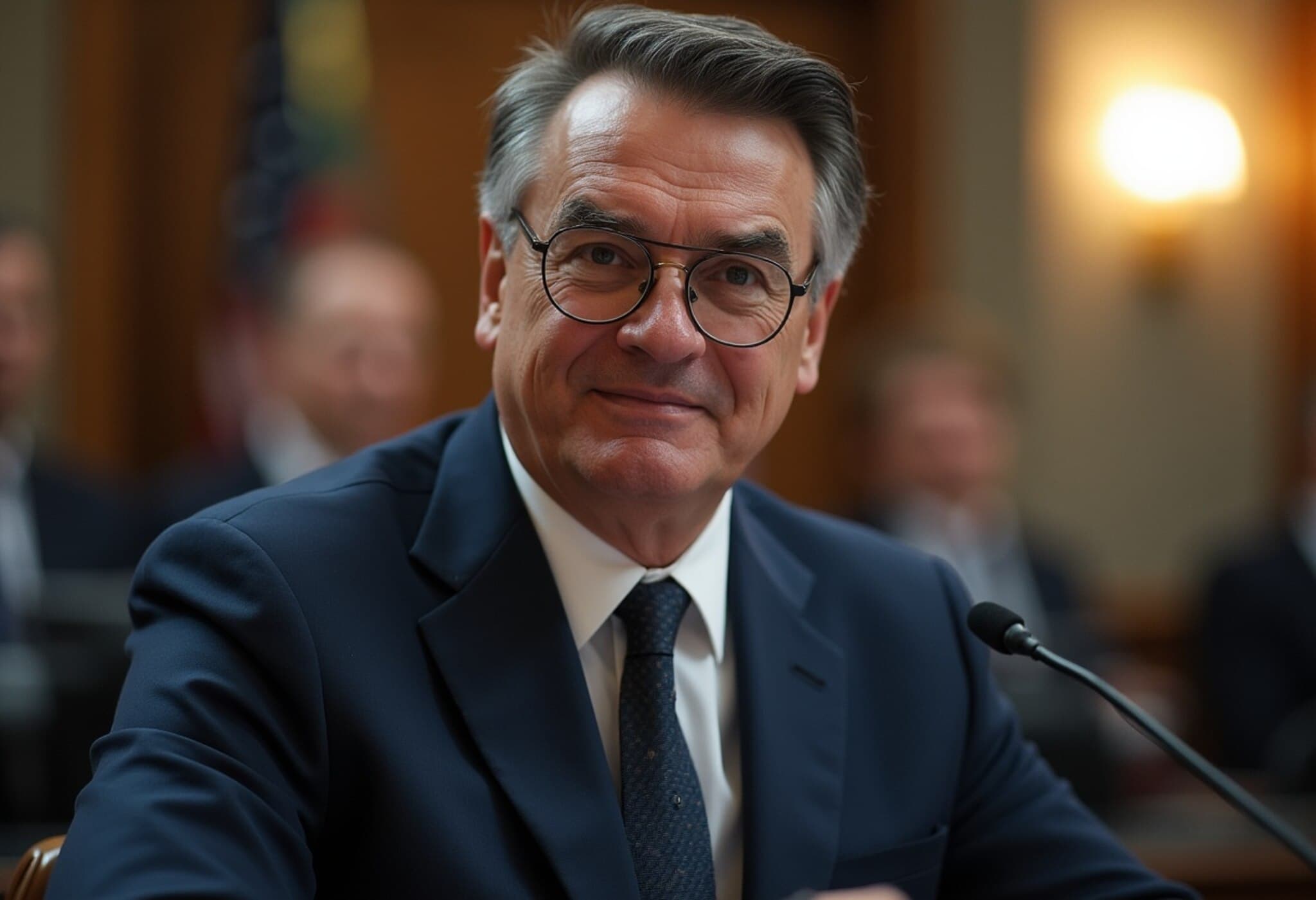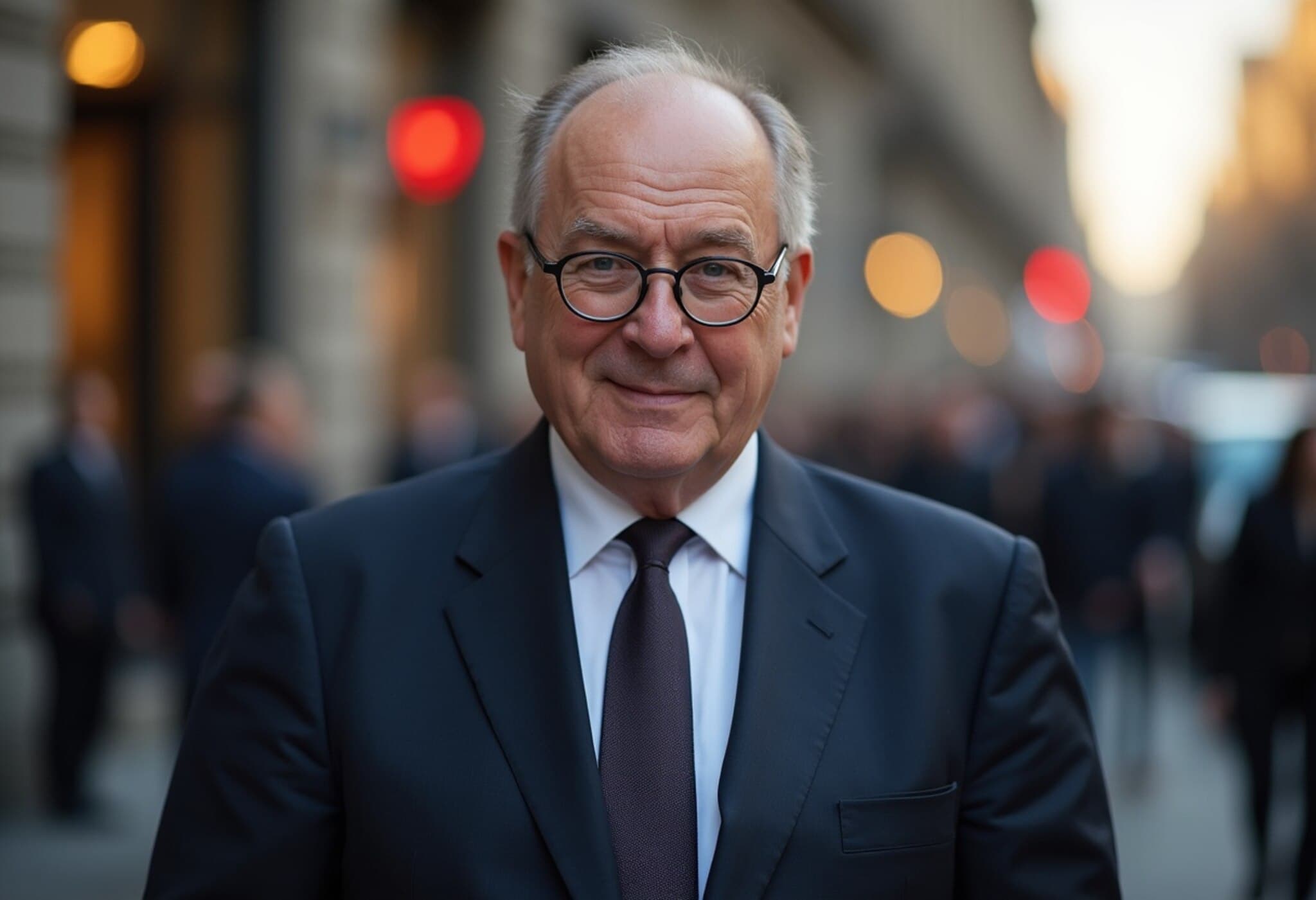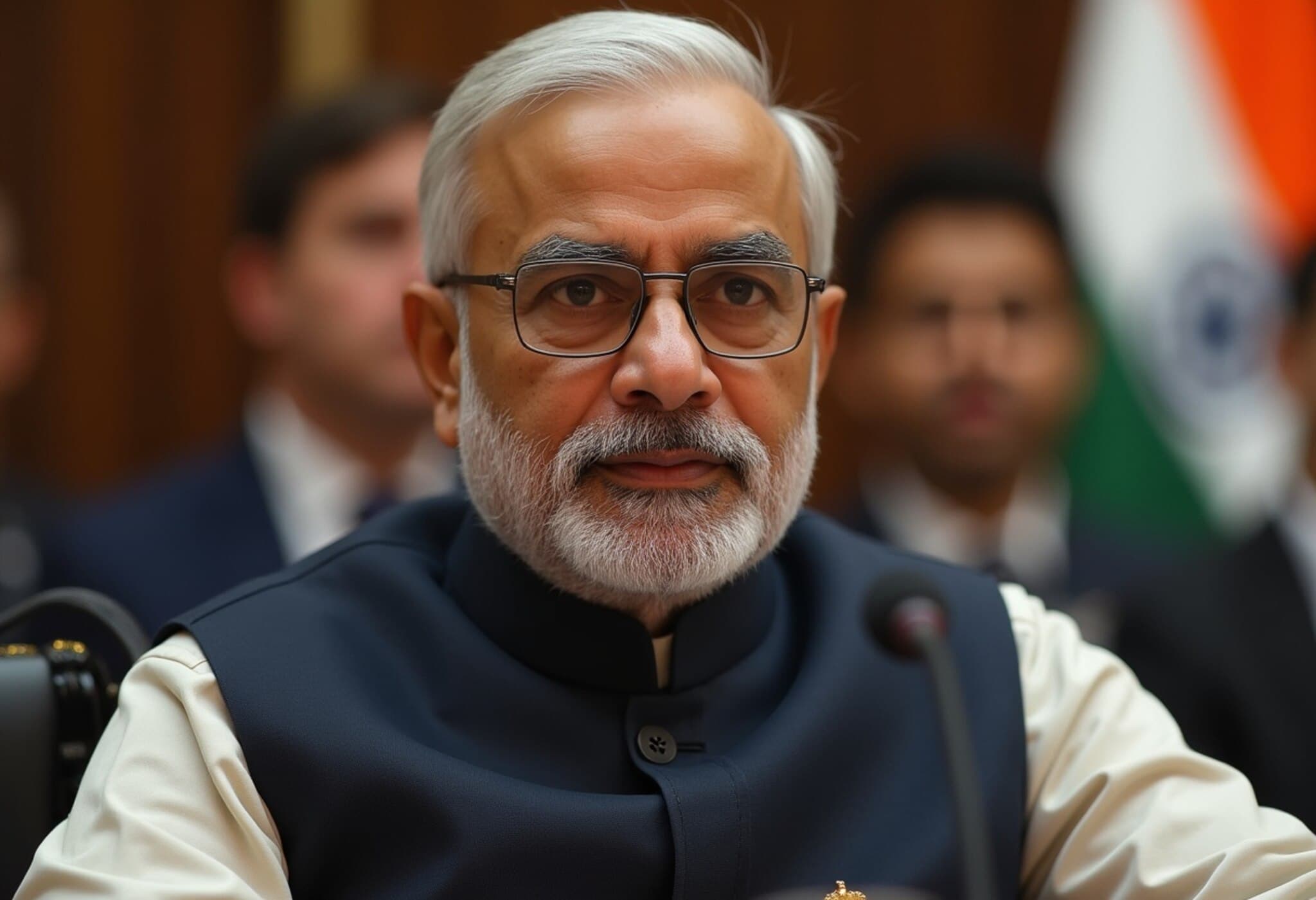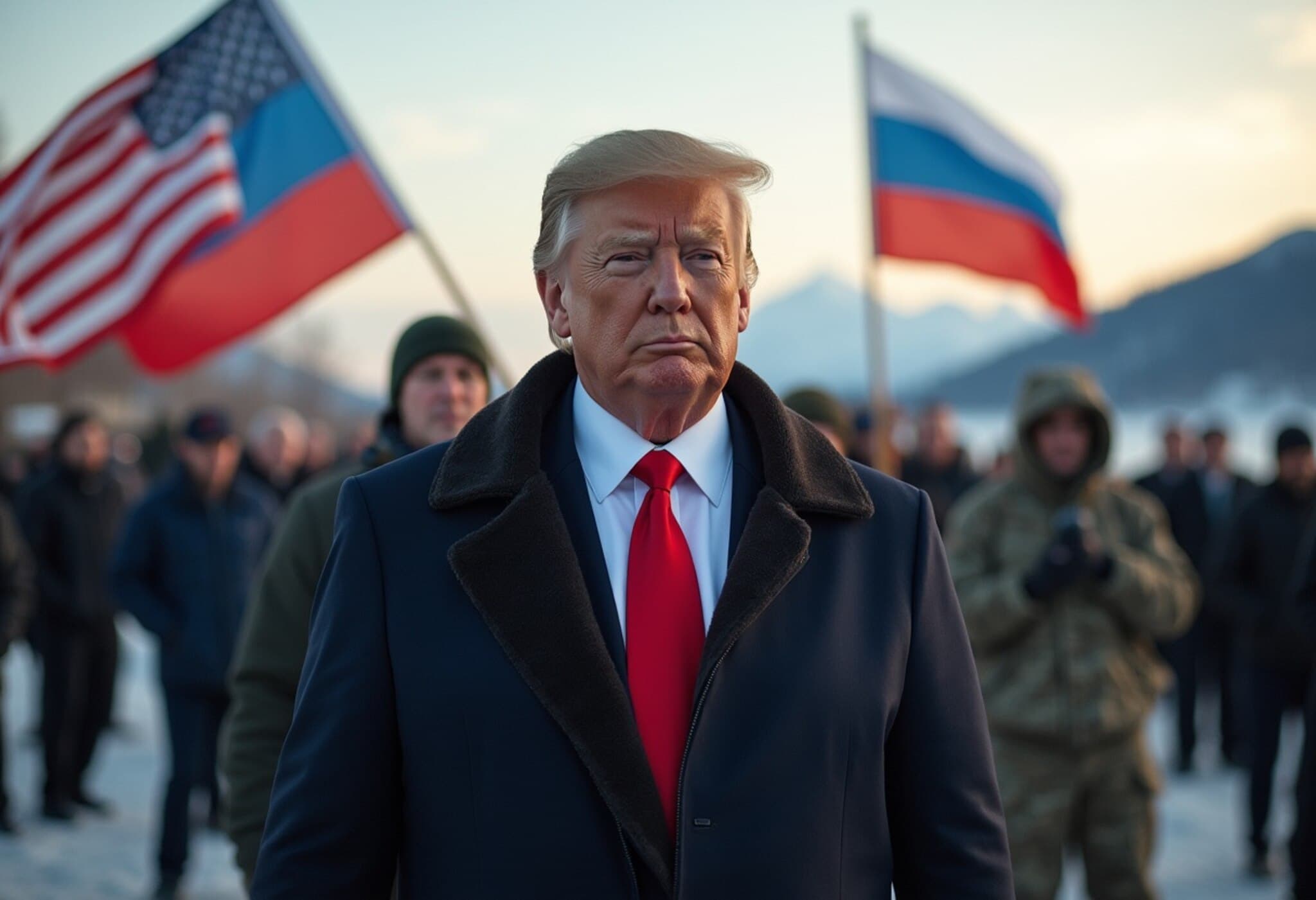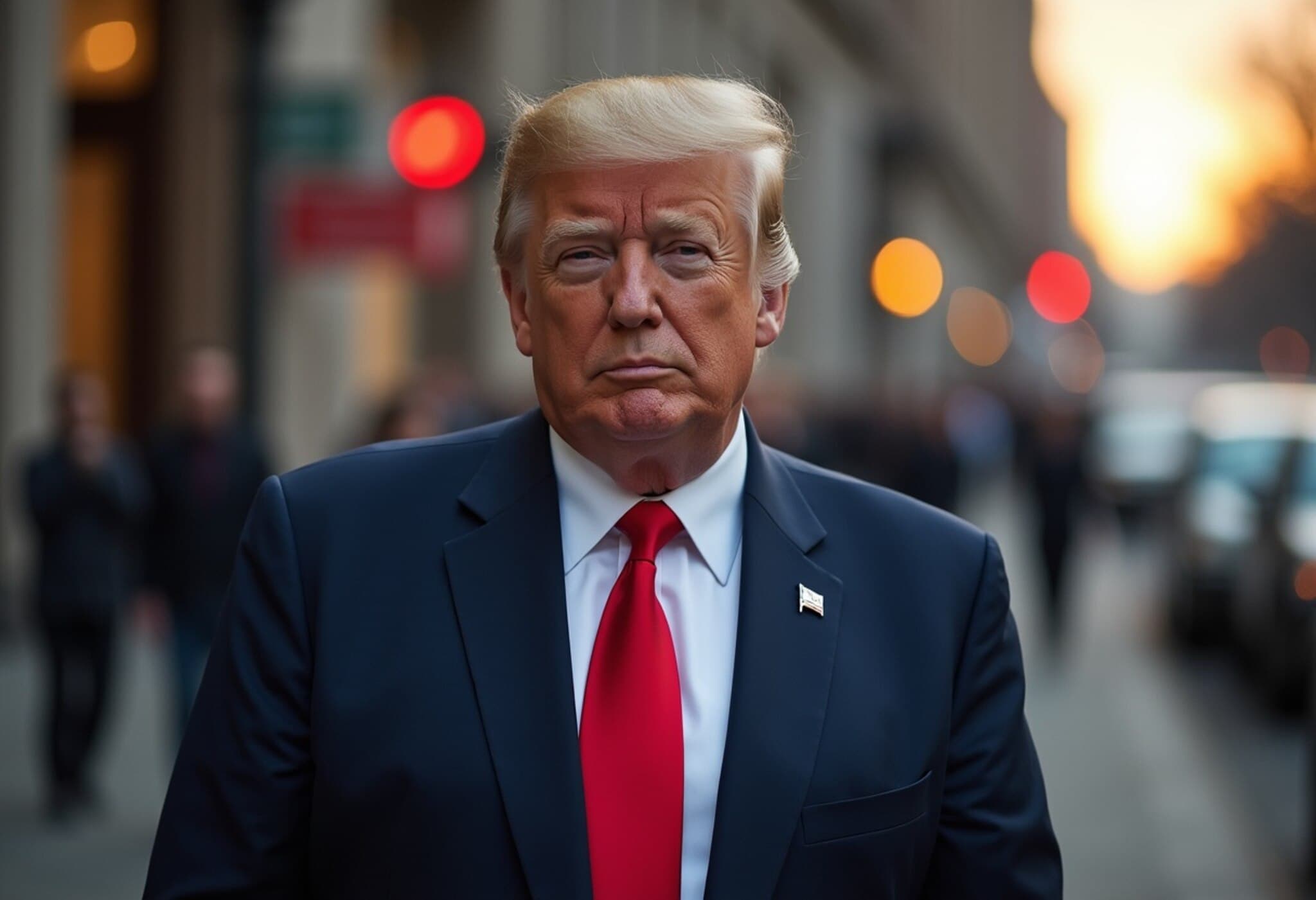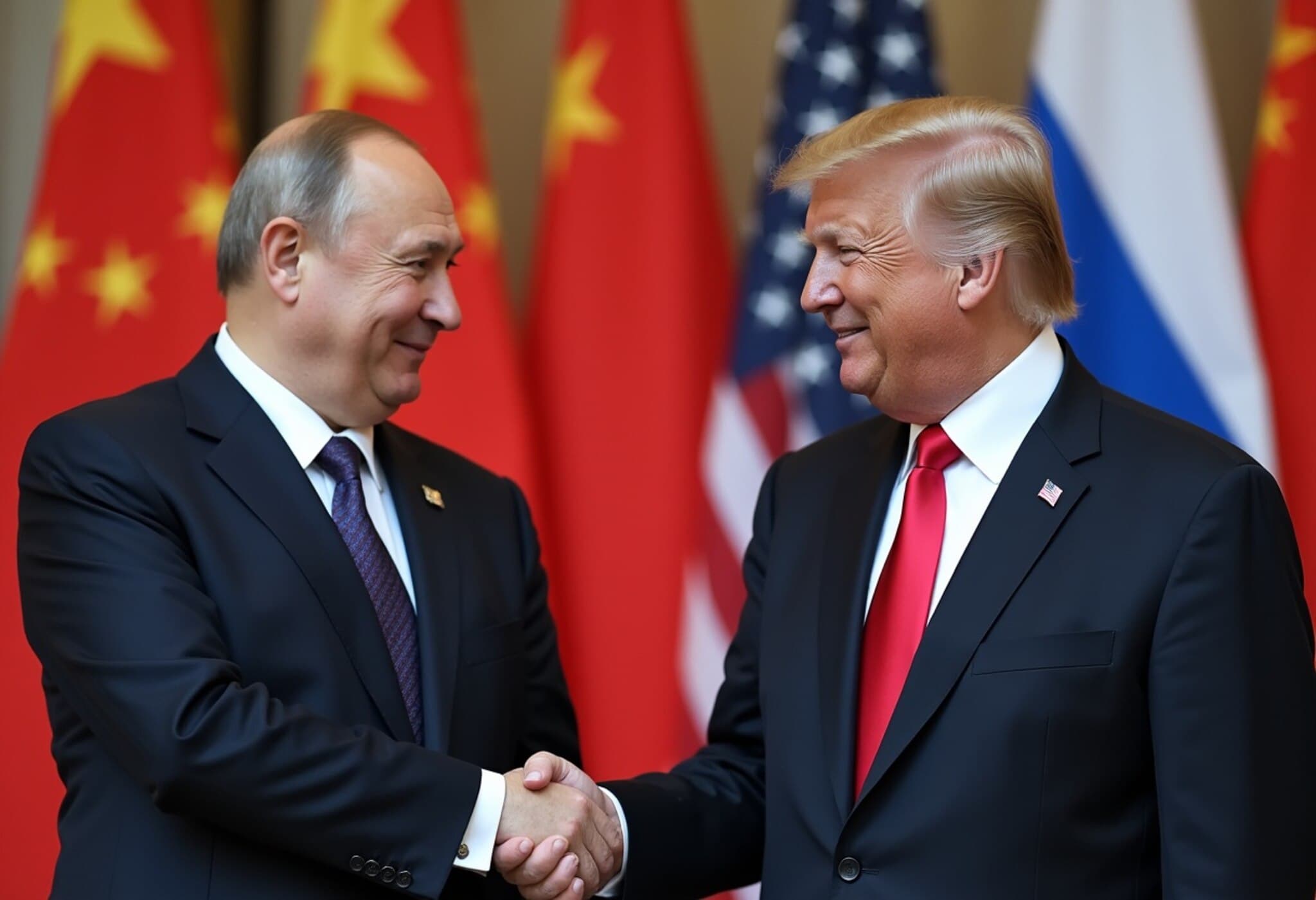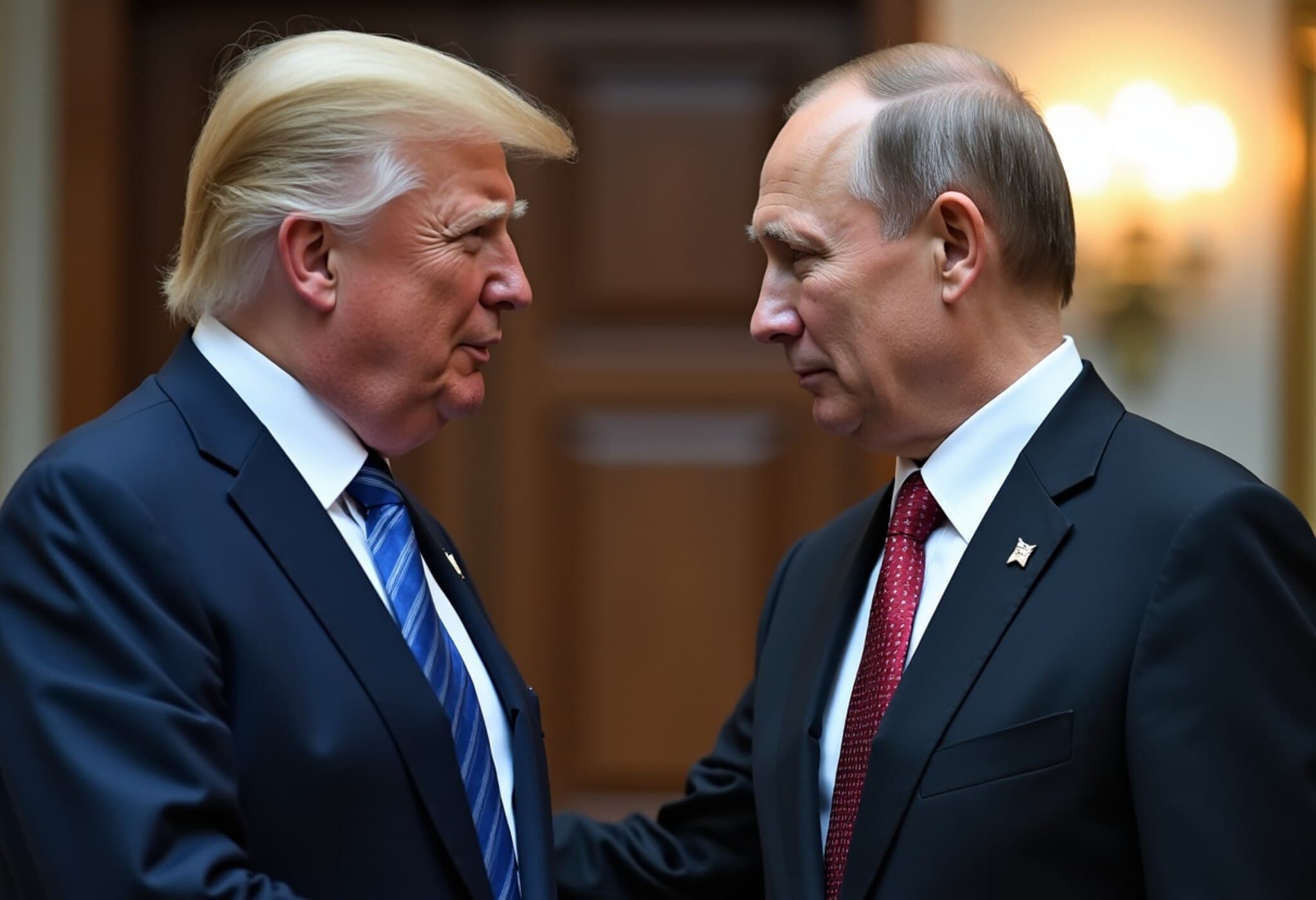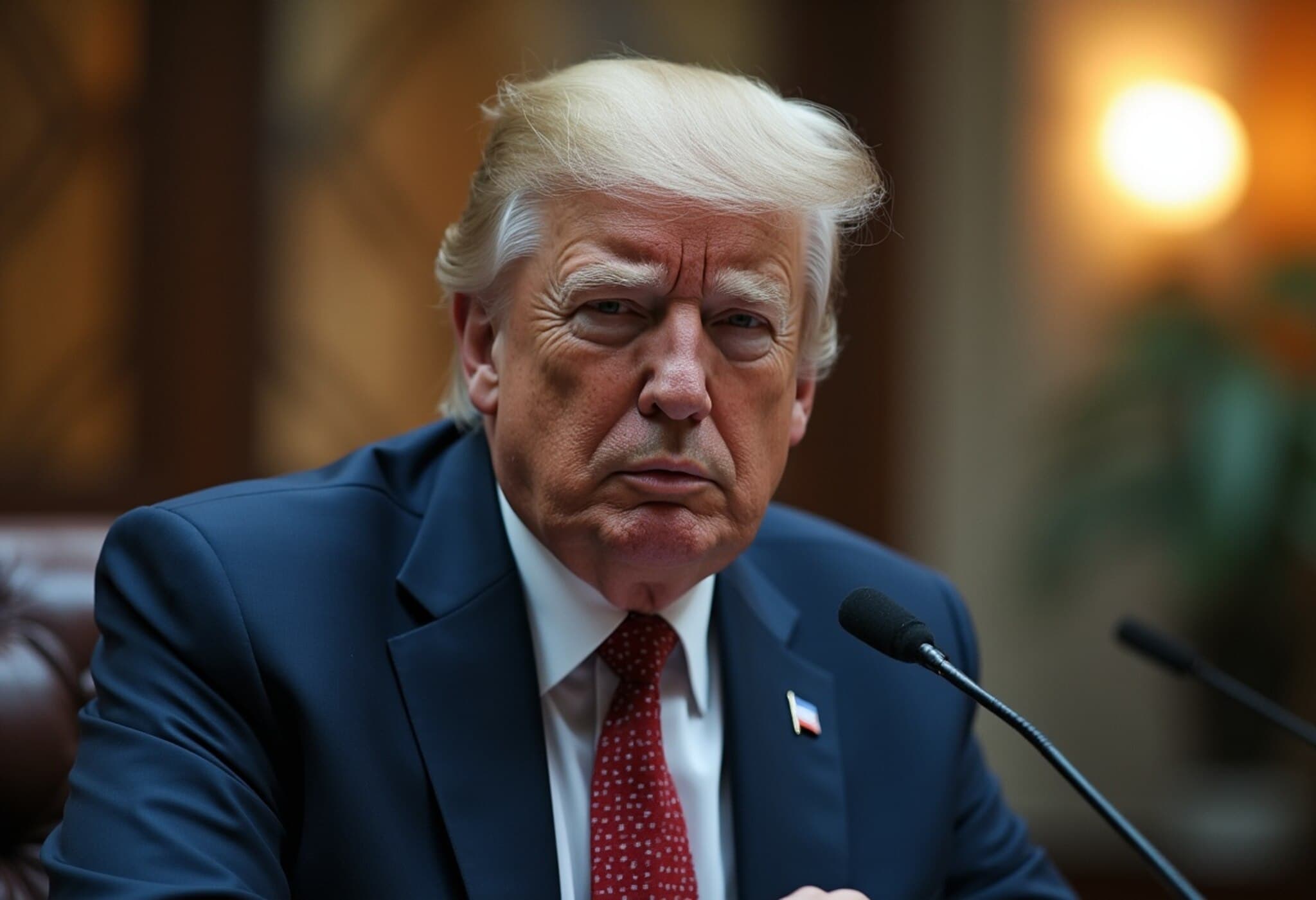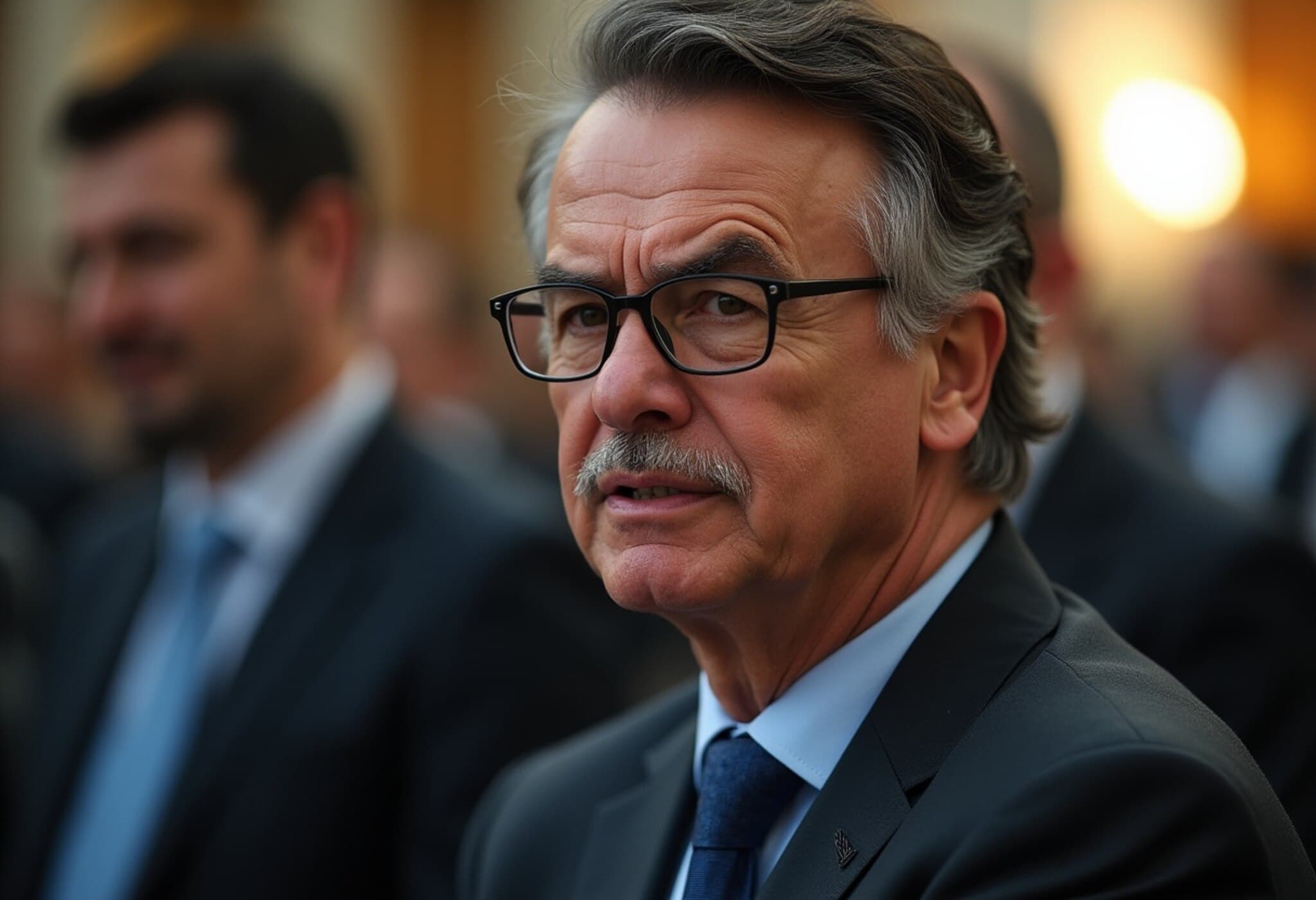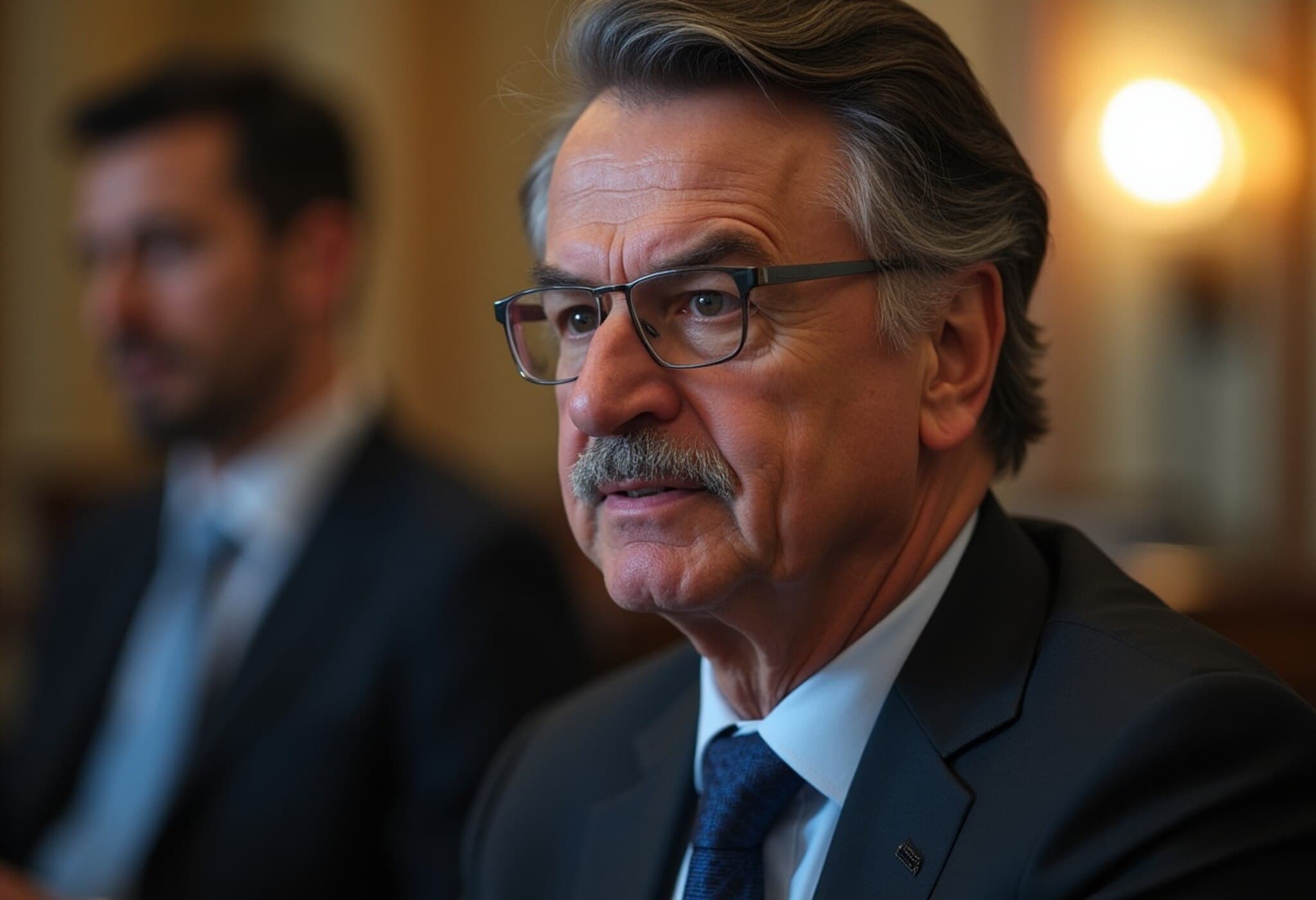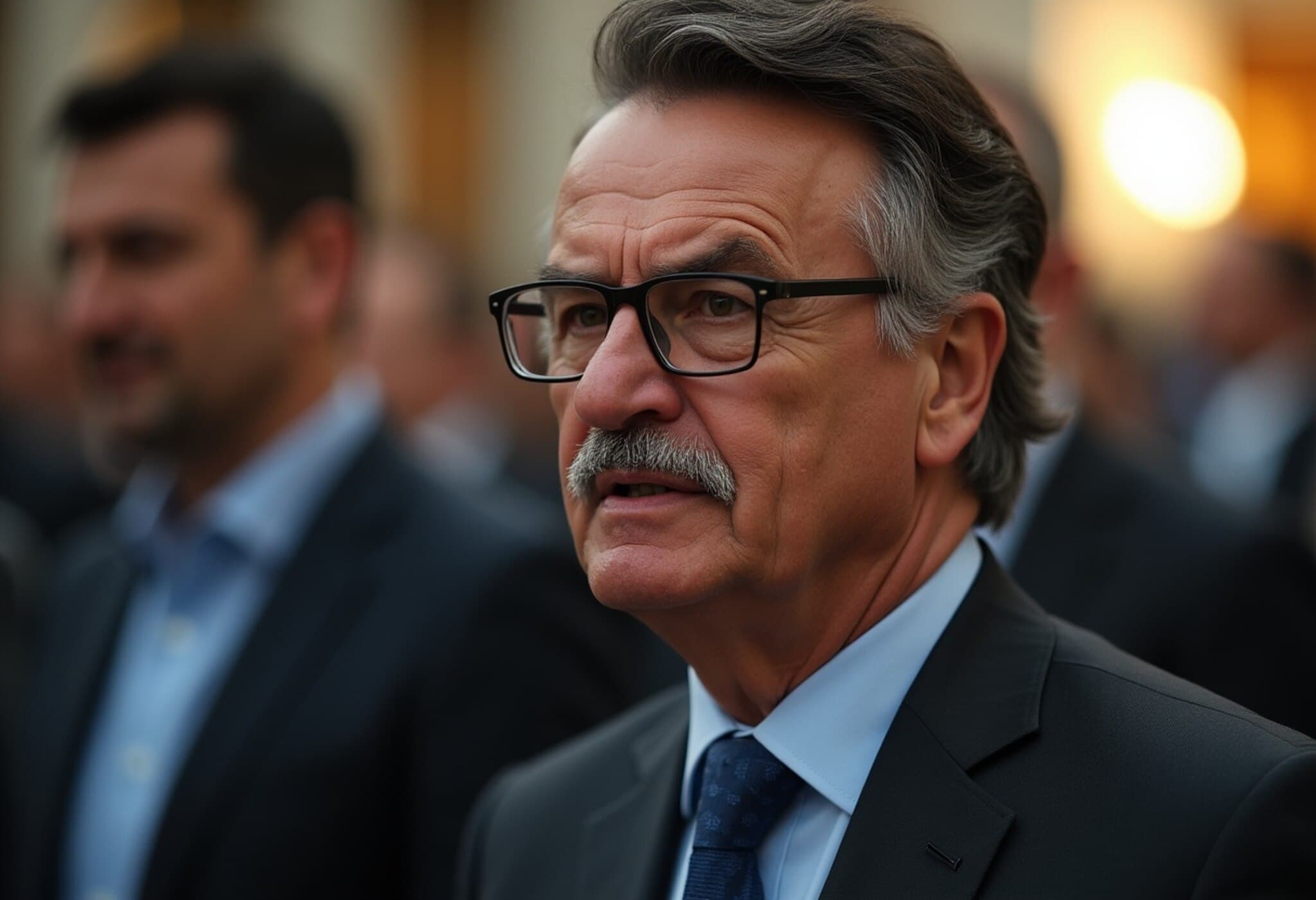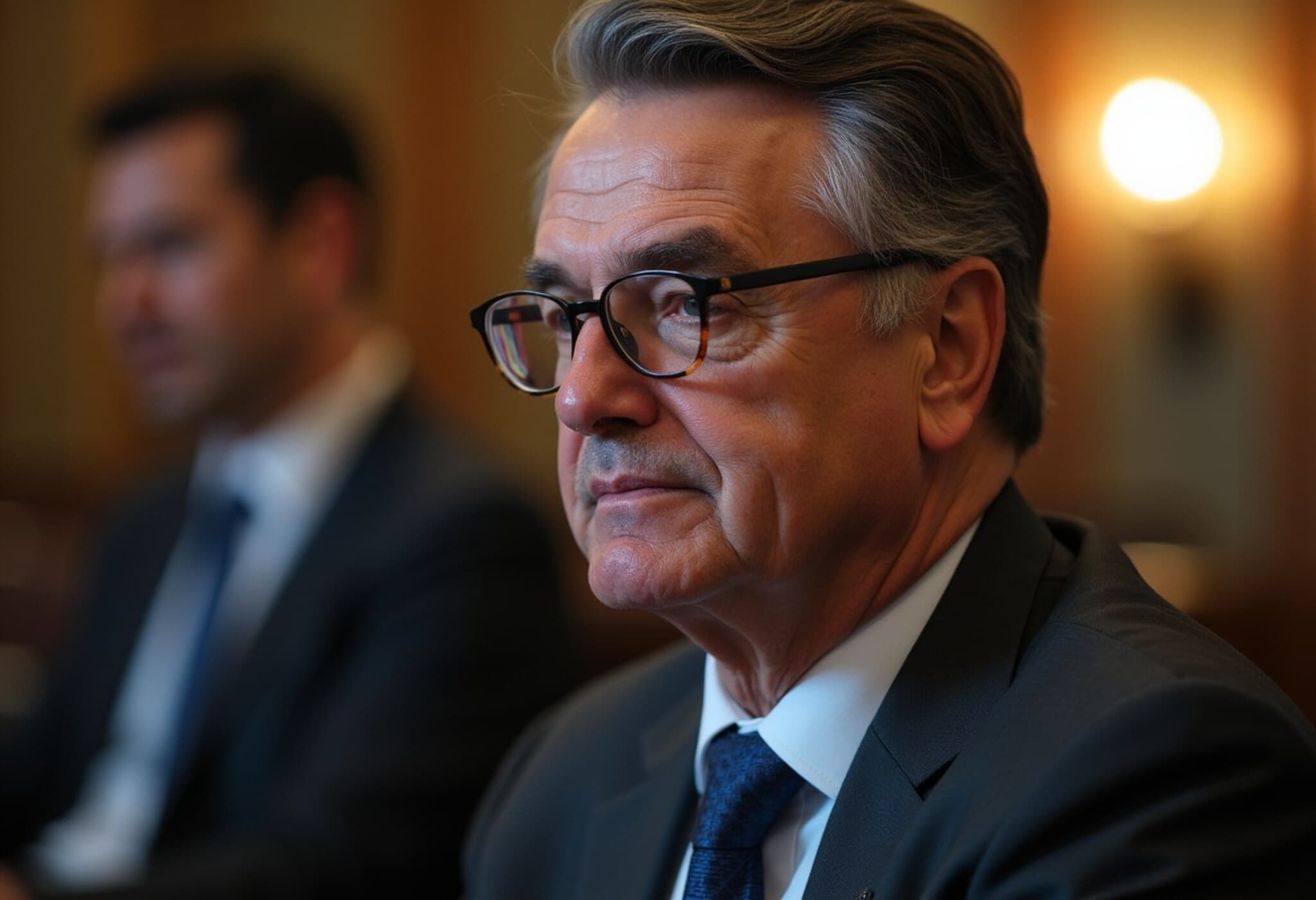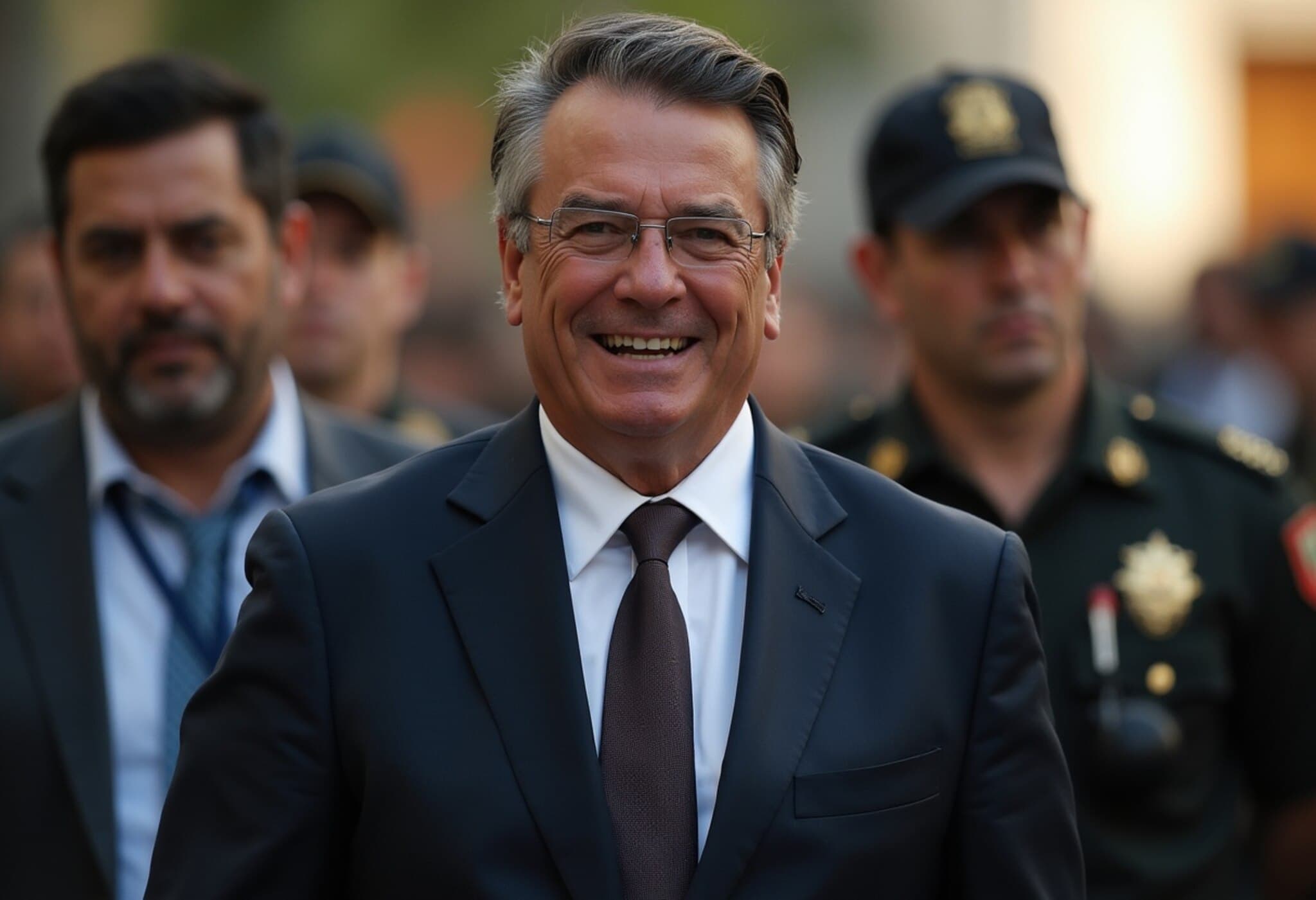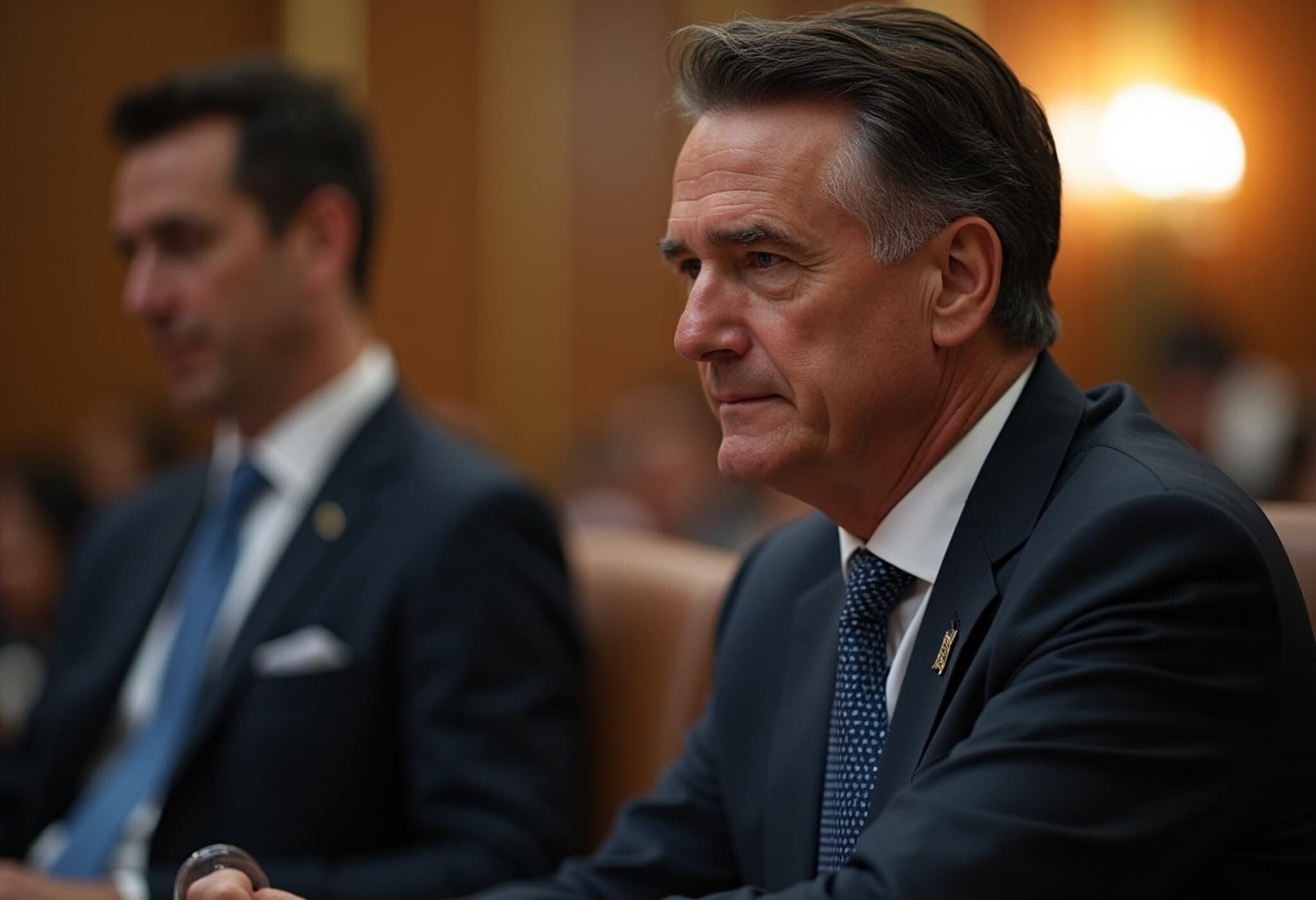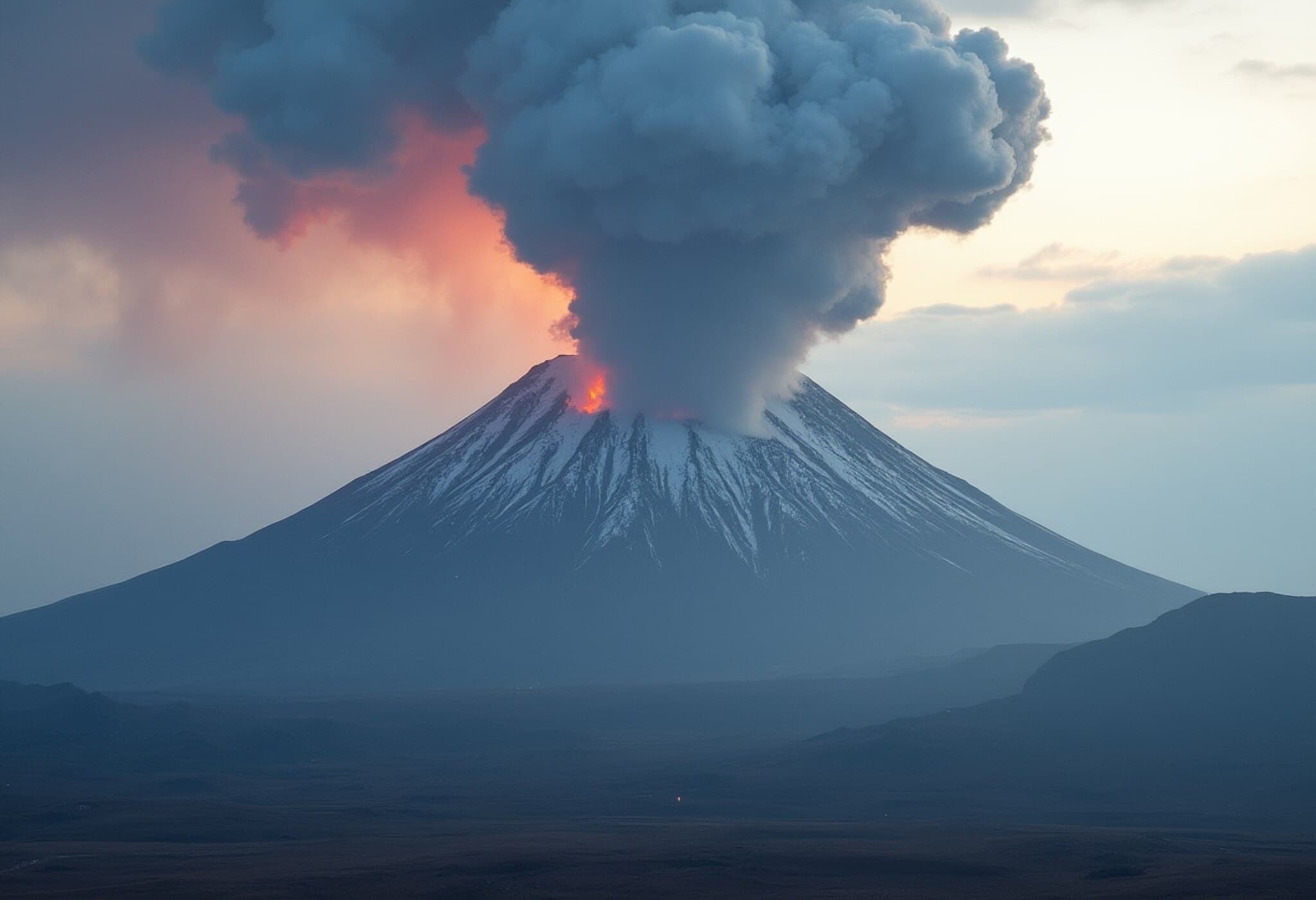Brazil’s Supreme Court Tightens Grip on Former President Jair Bolsonaro
In a decisive move on August 4, 2025, Brazil’s Supreme Federal Court ordered former President Jair Bolsonaro under house arrest while he awaits trial on charges related to a conspiracy to overturn the 2022 presidential election. This development marks a significant escalation in Brazil’s ongoing political drama and has triggered a tense diplomatic standoff with the United States.
Background: From Ankle Monitor to House Arrest
Previously, Bolsonaro was confined under strict judicial controls, including wearing an ankle monitor, remaining at home during most hours, steering clear of foreign embassies, and refraining from social media activity. However, according to Justice Alexandre de Moraes, who is overseeing the case, Bolsonaro breached these conditions by indirectly communicating through social media accounts of allies and family members. This prompted the court’s enhanced restrictions, including his transition to house arrest and seizure of his cellphone.
Justice Moraes emphasized the gravity of Bolsonaro’s behavior, writing that the deliberate breaches reflected contempt for the judiciary and jeopardized the investigation's integrity. He notably limited visits to Bolsonaro's home, allowing access only to close family and legal counsel.
Political and Diplomatic Fallout: U.S.-Brazil Relations on Edge
The judicial crackdown on Bolsonaro has sent ripples far beyond Brazil’s borders. Former U.S. President Donald Trump, a close ideological ally of Bolsonaro, sharply criticized the proceedings, labeling them a “witch hunt” and demanding the charges be dropped. In a rare diplomatic display, the U.S. government publicly condemned Justice Moraes’ order, accusing Brazilian authorities of stifling Bolsonaro’s right to publicly defend himself.
Last week, in a move widely perceived as retaliatory and rooted in political loyalty, the United States imposed a 50 percent tariff on select Brazilian imports. This measure represents the most severe trade sanction the U.S. has enacted this year and underscores Trump’s willingness to wield economic power to influence foreign domestic affairs.
- Tariffs impact: Although excluding major Brazilian exports like commercial aircraft, energy products, and orange juice, the tariffs threaten to raise prices on other essential goods, including coffee and certain metals.
- Economic stakes: The U.S.-Brazil trade volume last year was approximately $92 billion, with the U.S. maintaining a sizable trade surplus of $7.4 billion.
Brazilian Leadership’s Response and Sovereignty Concerns
President Luiz Inácio Lula da Silva has firmly resisted U.S. interference, asserting Brazil’s judicial sovereignty and rejecting attempts to politicize domestic justice. In candid remarks to The New York Times, Lula expressed openness to trade negotiations but made clear that American leaders must respect Brazil’s legal institutions.
On the other hand, Trump signaled willingness to negotiate tariffs but criticized the current Brazilian administration, highlighting tensions within bilateral relations that extend beyond trade.
The Core Allegations: A Coup Plot and Threats to Democracy
Central to the case against Bolsonaro are accusations from Brazilian prosecutors that he masterminded a plot to undermine democratic institutions by refusing to concede after losing the 2022 election narrowly. Prosecutors allege efforts to dismantle the judiciary, empower the military unlawfully, and even orchestrate assassination plans against key figures including Lula and Justice Moraes.
Bolsonaro vehemently denies knowledge of an assassination scheme but admits to exploring constitutional avenues to maintain power, raising critical questions about the boundaries of lawful political conduct in fragile democracies.
The aftermath of Bolsonaro’s presidency has also been violent and disruptive, with thousands of his supporters violently breaching government buildings in Brasília — incidents often compared to the January 6 Capitol riot in the U.S., highlighting parallels in political extremism and challenges to democratic norms.
Looking Ahead: Legal Battles and Political Implications
Bolsonaro faces trial in the coming weeks, and his defense team continues to challenge the charges. Meanwhile, his allies in Congress are pushing for an amnesty bill that could shield him and others from prosecution, though President Lula is expected to veto such measures, underscoring a divided political landscape.
Expert Analysis: What This Means for Brazil and U.S. Relations
As an analyst of Latin American politics, the ongoing saga encapsulates the complex intersection of law, politics, and international diplomacy. Bolsonaro’s case is emblematic of broader regional challenges where democratic institutions confront populist leaders who contest electoral legitimacy.
The U.S.’s heavy-handed economic response raises critical questions about the use of trade policy as a diplomatic tool, especially in a hemisphere marked by shifting alliances and rising geopolitical competition. The imposition of tariffs based on political considerations rather than economic fundamentals risks destabilizing decades of trade relations and could inadvertently harm American consumers and industries reliant on Brazilian inputs.
Moreover, Justice Moraes’ firm stance reaffirms Brazil’s commitment to uphold judicial independence despite external pressures. How Brazil balances this internal struggle with maintaining constructive international partnerships will be pivotal in the coming months.
Editor’s Note
This unfolding episode is a vivid reminder of the fragile state of democracy in Latin America and the challenges posed by populist figures who contest institutional checks. The entanglement of Brazil’s domestic judicial actions with U.S. trade sanctions opens a complex debate on sovereignty, justice, and the limits of international influence.
For readers, it is crucial to watch how Brazil navigates this crisis — whether judicial rigor will prevail over political rhetoric and how U.S.-Brazil relations evolve under increasing strain. This story is far from over and will continue to shape regional politics and global perceptions of democratic resilience.

